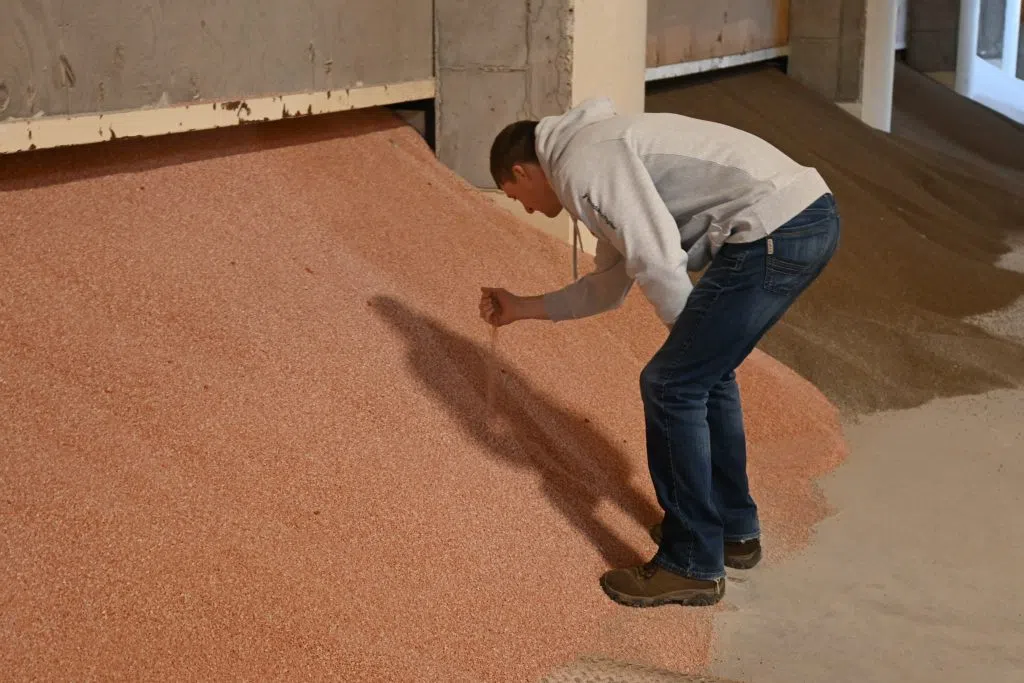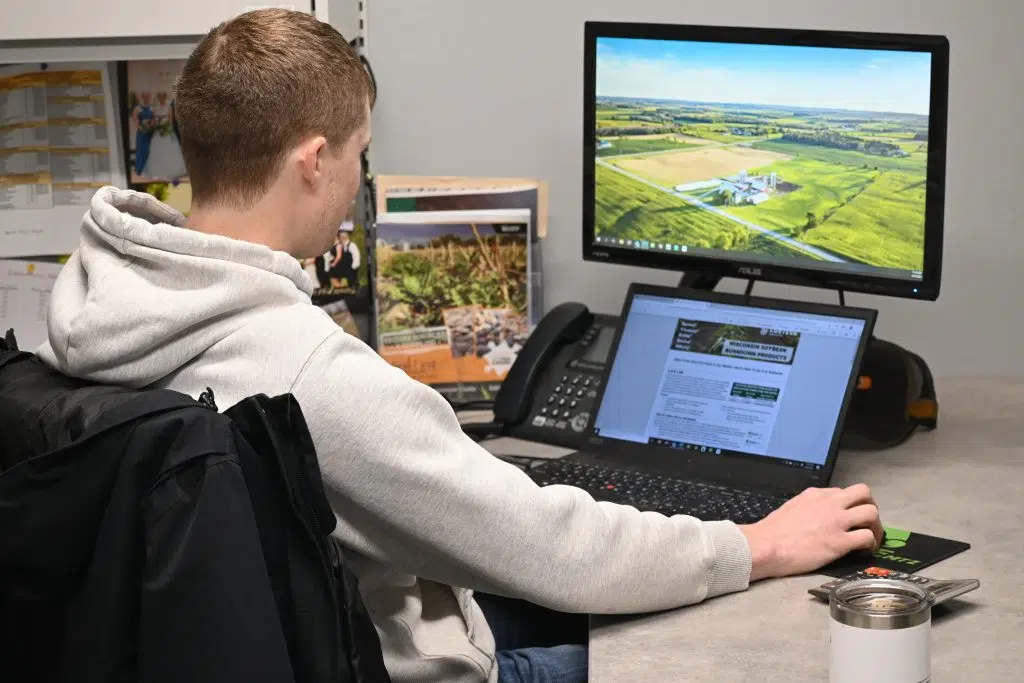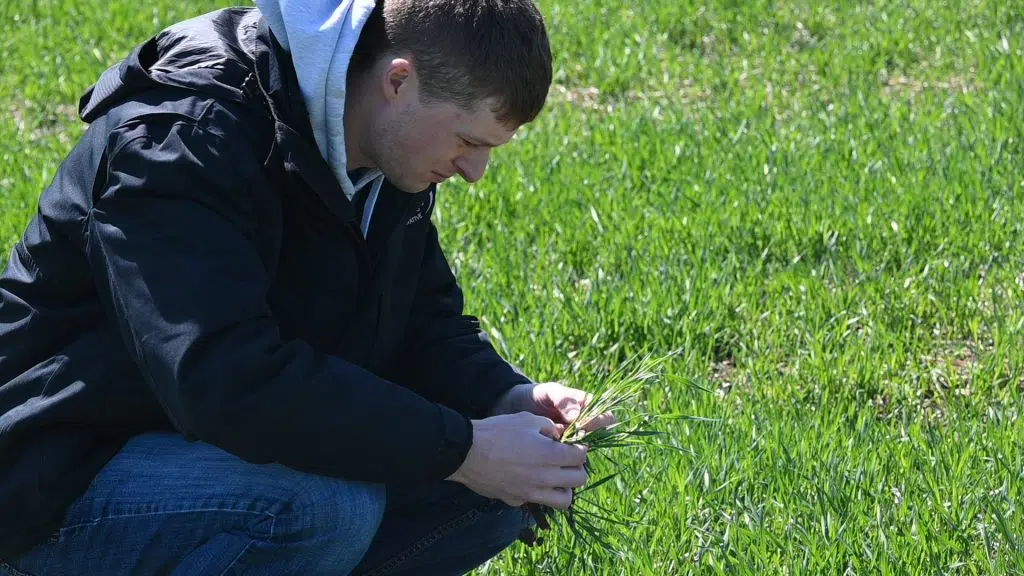Day two of our career week takes a look at one side of agriculture that can make or break a farmer. As Agronomist Chris Reichert said, “there’s a lot of emotion tied up in the work that we do.” Reichert’s an agronomist at Country Visions Cooperative in Plymouth. He explained that the position can be stressful at times because his customer’s livelihood rides on his recommendations. “If we don’t make them successful, we’re kind of failing to do our job,” Reichert said.
Going back a bit, Reichert talked about how he chose to stay in the ag industry because he’s always been a part of it. He grew up on his family’s beef and cash cropping operation down the road from Country Visions. “We currently still farm today and it’s kind of fun to work in the agronomy side of things and see all of the different products and what we’re doing differently and apply some of those back home on the farm,” Reichert said.

He explained what the day-to-day of an agronomist looks like, but it’s tough because it all depends on what time of the year it is. Some of the responsibilities of an agronomist during spring are looking at the fields, seeing what has to be sprayed, and talking with growers. In the summer it’s a lot of crop scouting and seeing how the crops are doing. Looking into the fall, they start to harvest some of the trial plots and kick off the selling season for seeds, fertilizer programs, and more. He described the winter season as basically a time to plan everything for the coming year. To say the least, agronomists always have something going on.
Reichert talked about the demand for agronomists and pointed out that they’re always looking for more employees, even if it is seasonal work. His wife Jennifer is the Agriculture Marketing and Communications Specialist with the company, she explained that as smaller farms tend to be fading away, there aren’t as many agronomy positions open in the industry. That doesn’t mean that there isn’t a need for them though, because many places are in a transition period between the baby boomers retiring and trying to fill in the gaps in vacant positions.

As far as schooling goes, in order to become an agronomist, you have options. Reichert went to UW-Platteville for Ag Business and Animal Science, but that doesn’t mean you have to go to a four-year school. “The minimum requirement schooling-wise would be a two-year degree from a tech school or something like that,” he went on to explain that a two or four-year degree works, either will do just fine.
Besides actually teaching you about the career field you’re going for, he brought up how going to school can open your eyes to the whole ag industry while making some great connections within agriculture. “When you get to see different things, you might find something that maybe would pique your interest in a different aspect of agriculture,” Reichert says, “agriculture touches so many different jobs and areas of the U.S. There’s just a ton of opportunities out there and I wouldn’t just set your mind on one specific thing.”

With any career, you have the good and the not-so-good. “My favorite part about the job is probably just being outside and working with the growers and seeing their successes,” which also leads Reichert into the toughest part about the job, “we do have some failures, but I think we learn a lot from them and can improve.” That’s why the job can get heavy at times because the responsibility level is very high when dealing with farmers.
Reichert stated that if you’re interested in agronomy, don’t be afraid to ask questions and seek out chances to do internships or other learning opportunities. Another suggestion he had was to start taking some classes pertaining to crops and soils in order to get a feel for the profession. From there, an internship wouldn’t be a bad idea to gain experience.
Agronomy is a tough career where you hold the fate of your customer’s crops in your hands, but at the end of the day, it’s worth it.
If you missed the full interview with Chris Reichert, you can listen to it on the podcast page.





